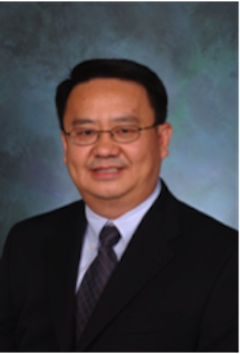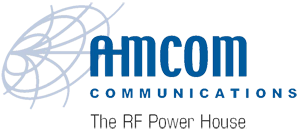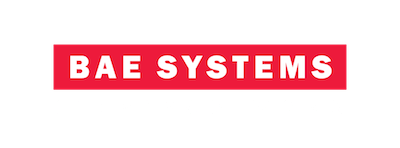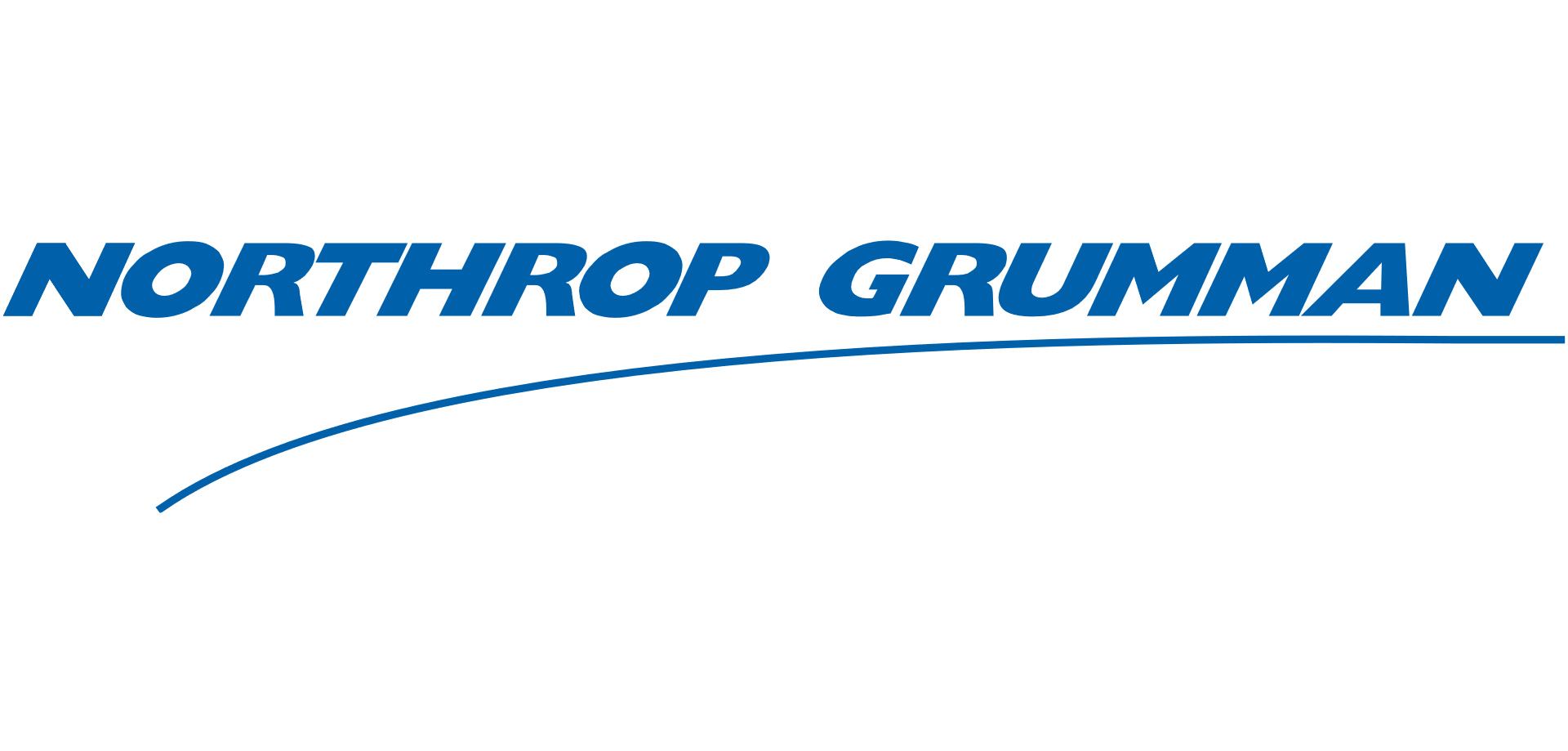----- Joint Seminars -----
Challenges in High-Temperature Embedded Systems Design
Speaker: Dr. Thanh Tran (Halliburton)
Date: Friday, September 27, 2013
Time: 2:30 PM - 3:15 PM
Location: Whittemore 277 (2nd Floor Conference Room)
Abstract:
Oil & gas industry is the driving force behind pushing embedded technologies beyond what the technologies were intended for. The embedded designs, including analog, digital, algorithms, firmware and operating systems, have to go through rigorous testing at temperatures much higher than the specified limits to guarantee successful down-hole operations. The operating temperature is as high as 200 degrees Celsius and the electronics not only have to be fully functional in this high temperature but have to accurately detect and measure the signals in extremely noisy conditions where power supplies are severely contaminated by electromechanical motors’ noise varied from low voltage low frequency to high voltage high frequency.
In this seminar, we demonstrate techniques to design reliable embedded platforms, including DSP and communication, and discuss challenges, today’s state-of-art technologies for down-hole applications and high temperature electronics design and simulation research topics.
Speaker:

Dr. Thanh Tran has extensive experience in embedded systems and computers design and in engineering management. He is currently a senior technology manager at Halliburton in Houston, Texas where he is managing a hardware and firmware team to develop embedded platforms, including down-hole monitoring and communication systems, for oil and gas exploration applications. Prior to joining Halliburton, he was a CTO of New Emerging End Equipment and a hardware engineering manager in DSP Systems at Texas Instruments (TI). At TI, he was leading a team to develop new innovative concepts, including automotive infotainment, smart grid, video conferencing, remote gaming and other multimedia/communication systems. He has held other senior design positions at Compaq Computer, ReplayTV, Eagle Wireless, Bose Corporation and Zenith Electronics Corporation. He holds 23 issued patents and has published one book, High Speed DSP and Analog System Design, and over 22 contributed articles. Tran, an IEEE Senior member, currently serves on the International Consumer Electronics Conference Technical Program Committee and the IEEE SoC Steering Committee. He is also an adjunct faculty member at Rice University where he is teaching digital/analog embedded systems design. Tran received a BSEE degree from the University of Illinois at Urbana-Champaign, Illinois in 1984, and Master of Science and Ph.D. in Electrical Engineering degrees from the University of Houston, Houston, Texas in 1995 and 2001 respectively.
Challenges in Measurement While Drilling
Speaker: Imran Vehra (Sperry Drilling Technology, Halliburton)
Date: Friday, September 27, 2013
Time: 3:15 PM - 4 PM
Location: Whittemore 277 (2nd Floor Conference Room)
Abstract:
One of the key services that Halliburton provides in the oil and gas industry is drilling. Sperry Technology, a subsidiary of Halliburton develops advanced drilling technologies that provide “real time” information from the bottom of a well sometimes 5 miles below the surface of the earth. Such information also called measurement or logging while drilling is used to make key decisions during the drilling process. All this occurs under extreme conditions of temperature, pressure and vibration. This presentation takes a high level look at the challenges involved in developing such systems.
Speaker:
Imran Vehra has 15 years’ experience in the Research and Development department of Sperry Drilling Technology of Halliburton. Under his current role as a Senior Technology Leader he manages a team of electrical engineers working on various development projects. His area of focus is power electronics, nuclear engineering, digital design (HDL), analog and mixed signal design and sensor interface. He holds 3 patents and has contributed towards numerous downhole development tools such as density, porosity, resistivity, natural gamma, mud pulse telemetry and rotary steerable. Vehra received his Bachelor’s degree in Petroleum Engineering from University of Engineering and Technology, Lahore, in 1995 and a Master’s degree in Electrical Engineering from University of Houston, Houston, Texas in 1999.









